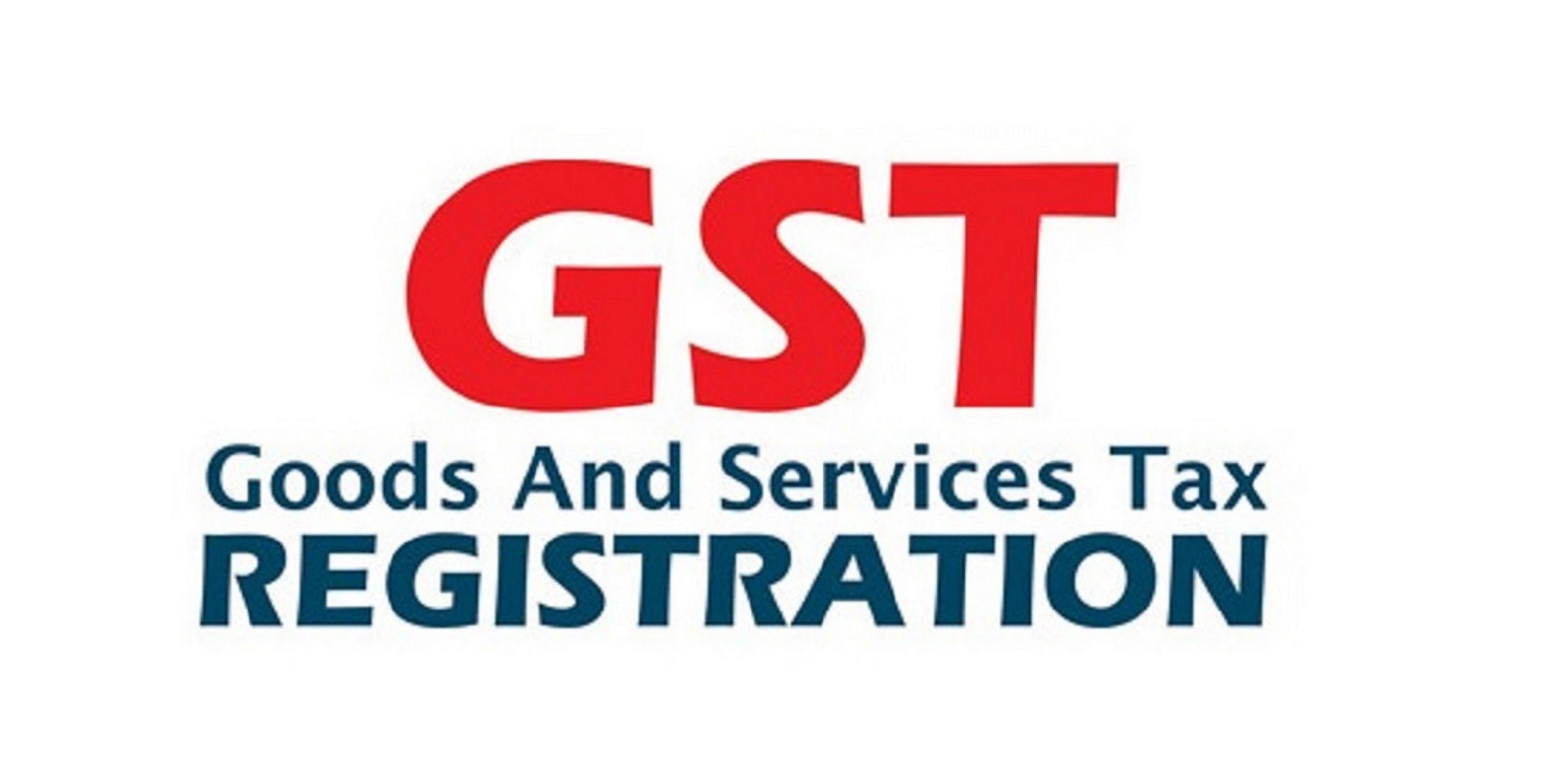Leading Tips for a Smooth Singapore GST Registration Experience
Leading Tips for a Smooth Singapore GST Registration Experience
Blog Article
Making The Most Of Tax Obligation Performance: Professional Tips on Navigating the GST Registration Maze for Local Business
Browsing the intricate landscape of Item and Provider Tax Obligation (GST) registration can be a labyrinthine task for small companies aiming to maximize their tax obligation performance. Comprehending the eligibility criteria, careful paperwork needs, tactical timing considerations, and experienced enrollment process pointers can substantially affect a business's financial standing. Conformity with GST policies is paramount, and sticking to ideal practices can simplify operations and stop prospective risks. In this discussion, we will certainly check out expert insights and actionable suggestions that can equip small companies to navigate the GST registration puzzle successfully and optimize their tax obligation efficiency.
Eligibility Criteria
Qualification demands for Small Business GST Enrollment incorporate particular criteria that organizations have to meet to conform with tax guidelines. To qualify for GST enrollment, a company needs to have a yearly turn over going beyond the threshold established by the tax obligation authorities, which differs by country. Furthermore, companies entailed in inter-state supply of services or products, or those selling products online, might be called for to sign up for GST, regardless of their turn over. It is crucial for companies to precisely identify their qualification based upon these turn over thresholds to stay clear of fines for non-compliance. Singapore GST Registration.

Documents Requirements
The needed paperwork usually consists of proof of service enrollment or consolidation, identification and address evidence of the organization owner, photos, financial institution account details, and proof of the primary location of organization. In addition, services require to give details of their company activities, including the services or goods supplied.
Aside from the required papers, services might additionally be called for to send additional information based on their particular scenarios. This might consist of records associated to collaborations, the authorization of signatories, or any other relevant agreements. Keeping all needed documents arranged and easily accessible can simplify the registration process and assistance services adhere to the requirements efficiently - Singapore GST Registration. Failing to give the called for paperwork may cause delays and even denial of the GST enrollment application. Therefore, thorough interest to information and adherence to the paperwork standards are crucial for an effective GST registration process for local business.
Timing Factors To Consider
Taking into consideration the necessary documentation needs have been carefully attended to, the following important aspect for local business starting the GST registration process is the critical management of timing considerations. Timing plays a crucial role in GST enrollment, impacting not only conformity yet additionally monetary aspects of the service. Tiny organizations require to very carefully prepare the timing of their GST enrollment to make the most of benefits and find out decrease prospective threats.

Moreover, organizations ought to line up the timing of their GST enrollment with their operational readiness. Appropriate prep work, such as upgrading audit systems and training team, is vital to flawlessly incorporate GST requirements right into day-to-day operations. By strategically handling timing factors to consider, little organizations can browse the GST enrollment procedure efficiently and optimize their tax effectiveness.
Registration Refine Tips
Effectively navigating the GST enrollment process calls for tiny services to execute critical and aggressive enrollment process tips. This includes service registration records, evidence of address, financial institution statements, and recognition evidence of the company proprietors.
Additionally, understanding the thresholds and needs for GST enrollment based on the particular state or region where business operates is crucial. Some states have various turn over thresholds that trigger obligatory enrollment, so being educated regarding these limits can help businesses prepare ahead.
An additional beneficial tip is to take into consideration looking for expert help from accountants or tax obligation consultants that concentrate on GST registration. Their expertise can streamline the process, lower mistakes, and make certain compliance with all policies.
Compliance Best Practices
Browsing the GST enrollment procedure efficiently requires not just strategic enrollment process pointers however likewise thorough adherence to conformity finest methods why not try here to make certain continuous regulative alignment. Local business must prioritize conformity to avoid penalties and maintain a great standing with tax obligation authorities. One essential ideal technique is to keep precise and thorough records of all purchases. This includes invoices, receipts, and various other monetary files that might be required for tax obligation audits or compliance checks. In addition, remaining informed about any type of changes or updates to GST guidelines is necessary. Small company owners need to consistently assess federal government guidelines and look for expert recommendations if needed to guarantee they are satisfying all requirements. It is likewise suggested to file GST returns on schedule to prevent late costs and fines. By incorporating these conformity best methods right into their operations, small companies can navigate the intricacies of GST enrollment with self-confidence and performance.
Conclusion
In verdict, local business can navigate the GST registration labyrinth by guaranteeing they meet qualification requirements, collect required documents, think about timing implications, adhere to enrollment procedure pointers, and abide by compliance finest methods. By maximizing tax performance through correct GST registration, organizations can improve their financial administration and operations.
Navigating the complex landscape of Goods and Provider Tax Obligation (GST) enrollment can be a labyrinthine task for small organizations aiming to maximize their tax effectiveness.Qualification requirements for Small Business GST Registration encompass specific criteria that companies should fulfill to conform with tax obligation regulations. The required paperwork commonly includes evidence of organization registration or identity, consolidation and address evidence of the business proprietor, photographs, financial institution account information, and proof of the major location of service. Furthermore, businesses require to give information of their service activities, including the services or items provided.Effectively browsing the GST enrollment procedure needs small businesses to apply tactical and proactive visit the site registration process tips.
Report this page